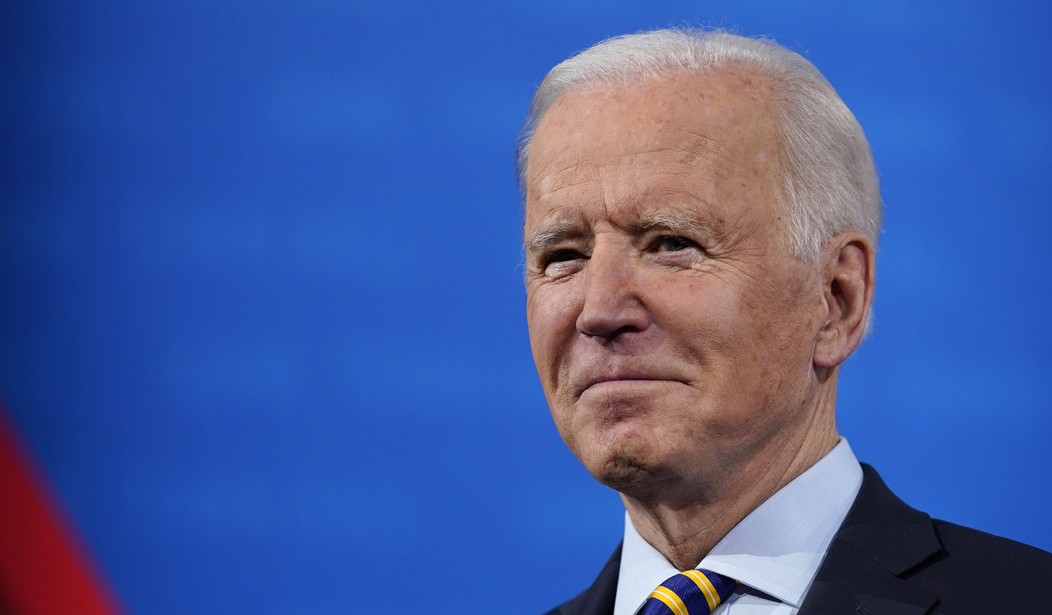Our society is changing, it appears, at the speed of light.
An example: the concept of community.
In centuries past, your community was where you lived. Everyone in your area — regardless of their immutable traits — was part of it.
It seems to me this served a useful purpose — you physically looked out for one another, and you could.
These days, that community has been broken down.
Rather than your area being unified, you’re being told your community is actually people scattered across the globe who share your sexuality or skin color.
The people next door? They might be part of your community — what’s their shade?
It’s an interesting transition, and its effects aren’t necessarily favored by all.
But progress moves us onward, and in Canada, they’re progressive.
Hence, new guidelines for dissemination of the COVID-19 vaccine prioritize communities.
According to CTV:
Adults from racialized communities disproportionately affected by the COVID-19 pandemic should be prioritized for shots in the second stage of the vaccination campaign, says new guidance from Canada’s national advisory committee on immunization.
From the official guidance for shot #2:
Key populations prioritized for COVID-19 immunization in the context of staggered vaccine supply
Efforts should be made to offer vaccines to individuals in previous stages before proceeding to the subsequent stage as vaccine supply increases
- Adults in or from Indigenous communities not offered vaccine in Stage 1
- Residents and staff of other congregate living settings. (e.g., quarters for migrant workers, shelters, correctional facilities, group homes)
- Adults 60-69 years of age, beginning with ≥65 years, then decreasing age limit to 60 years
- Adults in racialized and marginalized communities disproportionately affected by COVID-19
- First responders (e.g., police, firefighters)
- FrontlineFootnote c essential workers who cannot work virtually
- Essential primary caregiversFootnote d for individuals who are at high risk of severe illness from COVID-19 due to advanced age
As referenced above, “Adults in Indigenous communities (where infection can have disproportionate consequences)” were prioritized for Stage 1.
The Daily Wire notes guidelines state the following:
Many of the populations at increased risk of severe disease or exposure face challenges accessing immunization. The COVID-19 pandemic has magnified social and biologic inequities and threatens to exacerbate them with the inequitable allocation of vaccines.
The best I understand, “indigenous” means a race of people that’s been here longer than yours.
For example, here stateside, the term is used to denote American Indians, who — experts say — came to North America from Asia via the Bering Strait.
In the U.S., we’re trying to help particular communities, too.
As Joe Biden announced ten days before being sworn in, the government would be taking a community approach to helping small businesses damaged by the pandemic shutdown:
“Our priority will be Black, Latino, Asian, and Native American owned small businesses, women-owned businesses, and finally having equal access to resources needed to reopen and rebuild.”
"Our priority will be Black, Latino, Asian, and Native American owned small businesses, women-owned businesses, and finally having equal access to resources needed to reopen and rebuild." — President-elect Biden pic.twitter.com/pIyDuhf5pH
— The White House (@WhiteHouse) January 10, 2021
Back to Canada, they’re hoping the community mindfulness helps…and they’re in the Matrix:
Efforts should be made to increase access to immunization services to reduce health inequities without further stigmatization or discrimination, and to engage systemically marginalized populations and racialized populations in immunization program planning. Examples of interventions to engage communities and address barriers to accessing vaccine, as summarized in the Equity Matrix, could help reduce inequities.
As relayed by CBC:
Two public health experts in Toronto say governments must prioritize vaccinating Black Canadians and other people of colour against COVID-19 because the data shows they are most at risk of contracting the virus. Akwatu Khenti and Ananya Tina Banerjee told CBC Radio’s The House that failing to vaccinate those communities will not only put them at greater risk of getting COVID-19, but also increases the chance that the virus will spread more widely.
Akwatu’s lookin’ out:
“The reason that Black people have a higher rate of positivity, or higher hospitalization rates, is actually because of social inequities, systemic racism and neighborhood vulnerabilities.”
Here’s to hoping everyone makes it through — all of us, in every community.
-ALEX
See more pieces from me:
Lindsey Graham Jumps Into the Mix, Tells Both McConnell and Trump to ‘Knock This Off’
Find all my RedState work here.
Thank you for reading! Please sound off in the Comments section below.














Join the conversation as a VIP Member